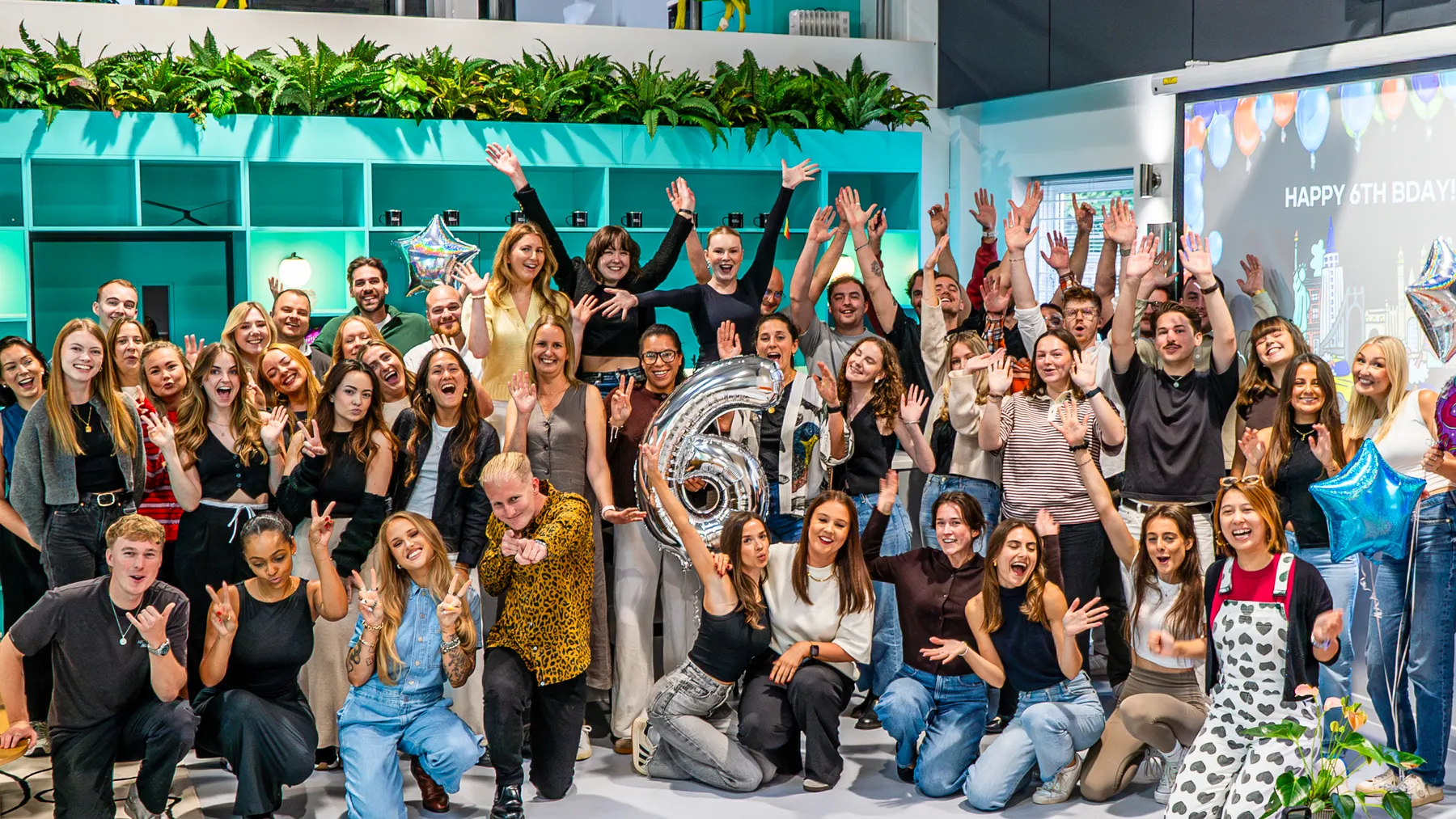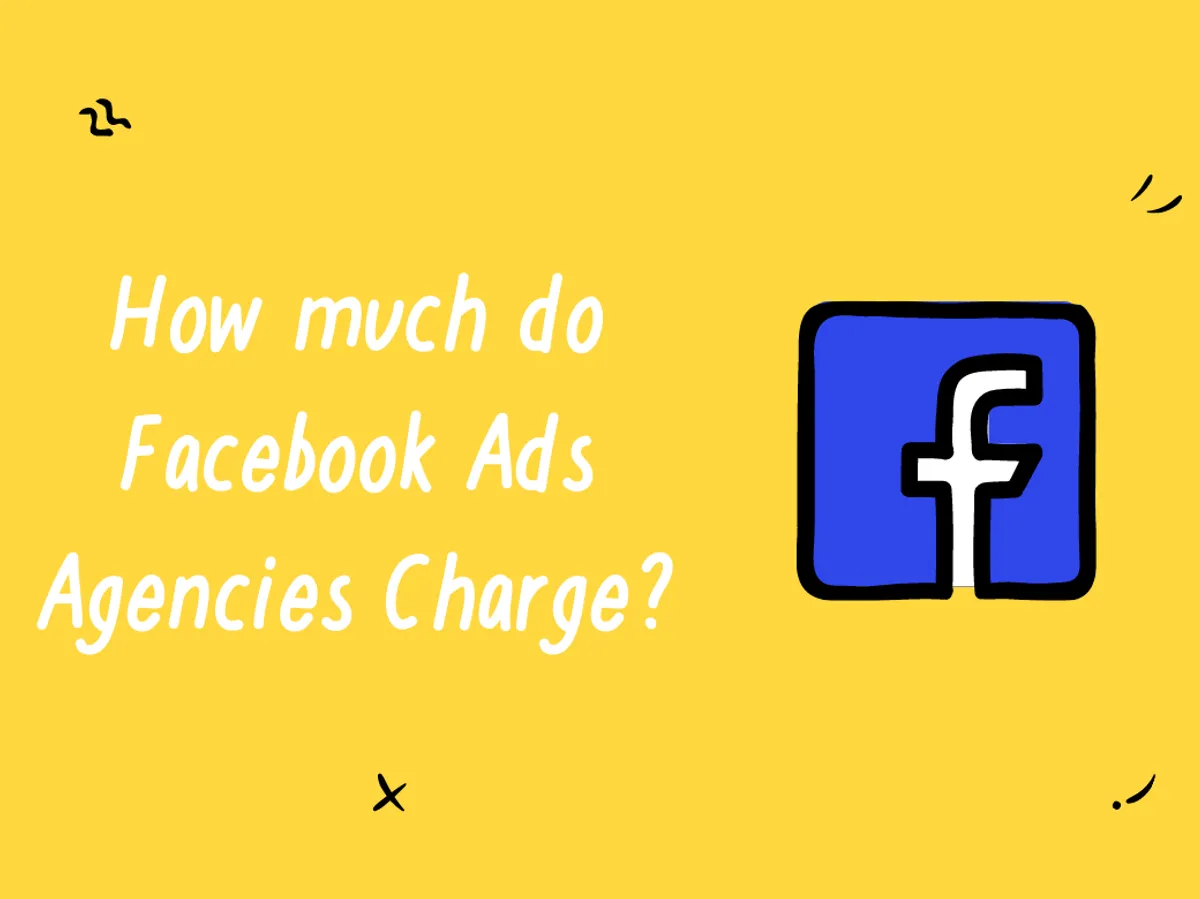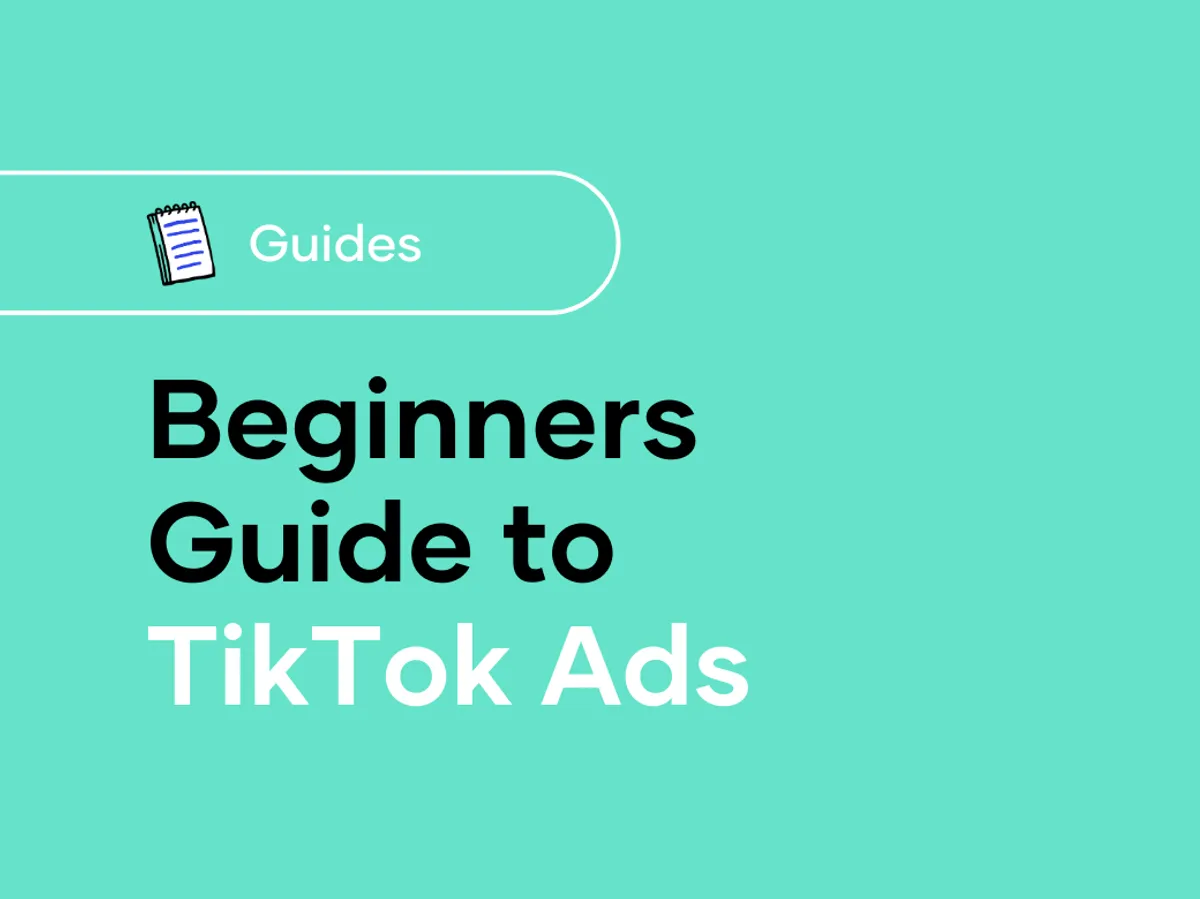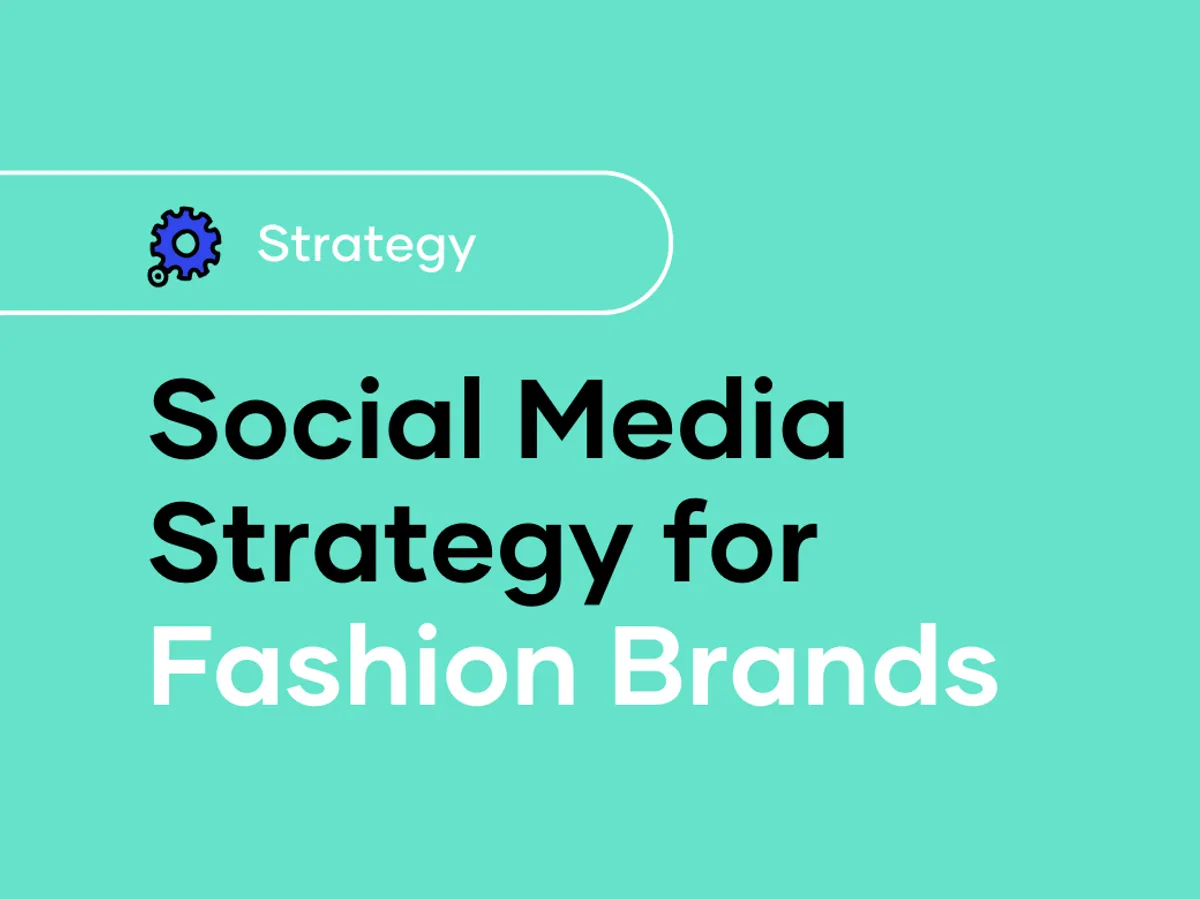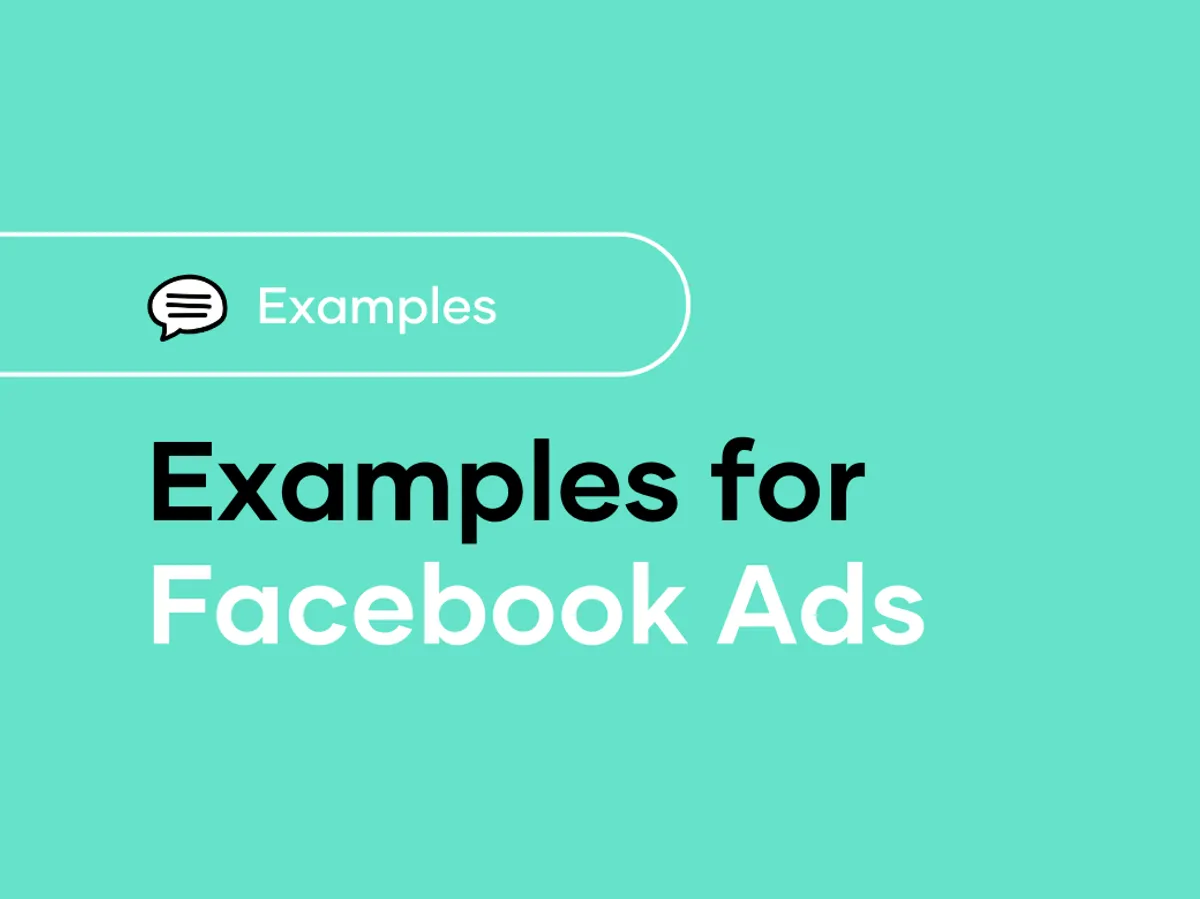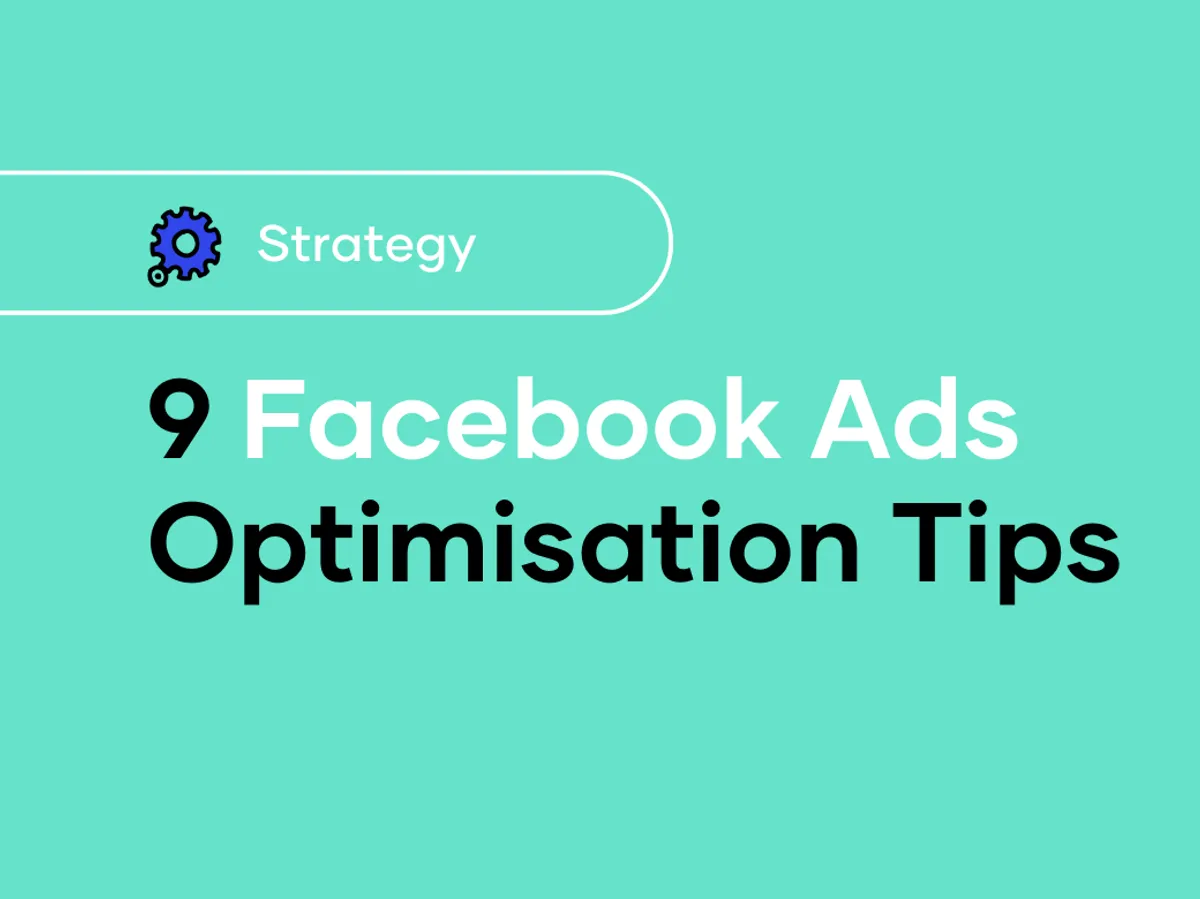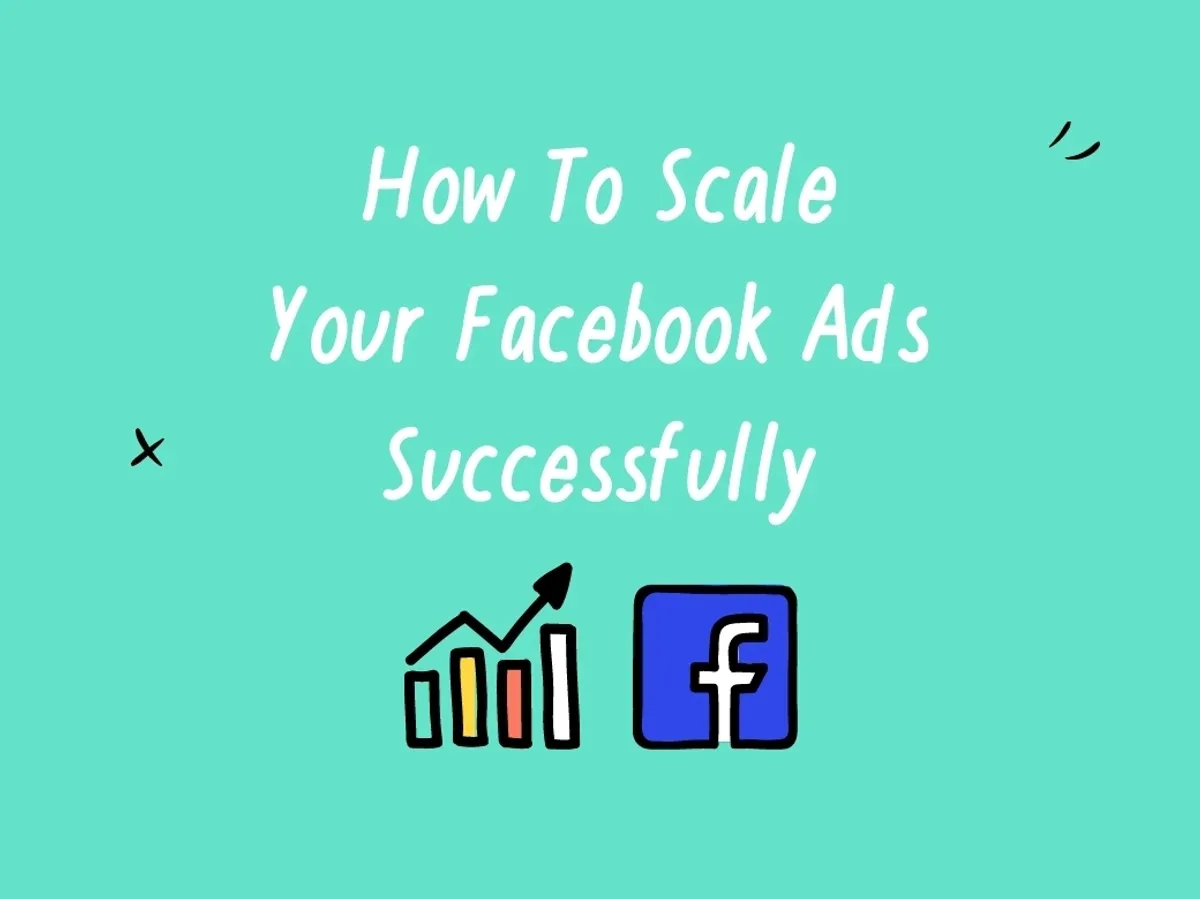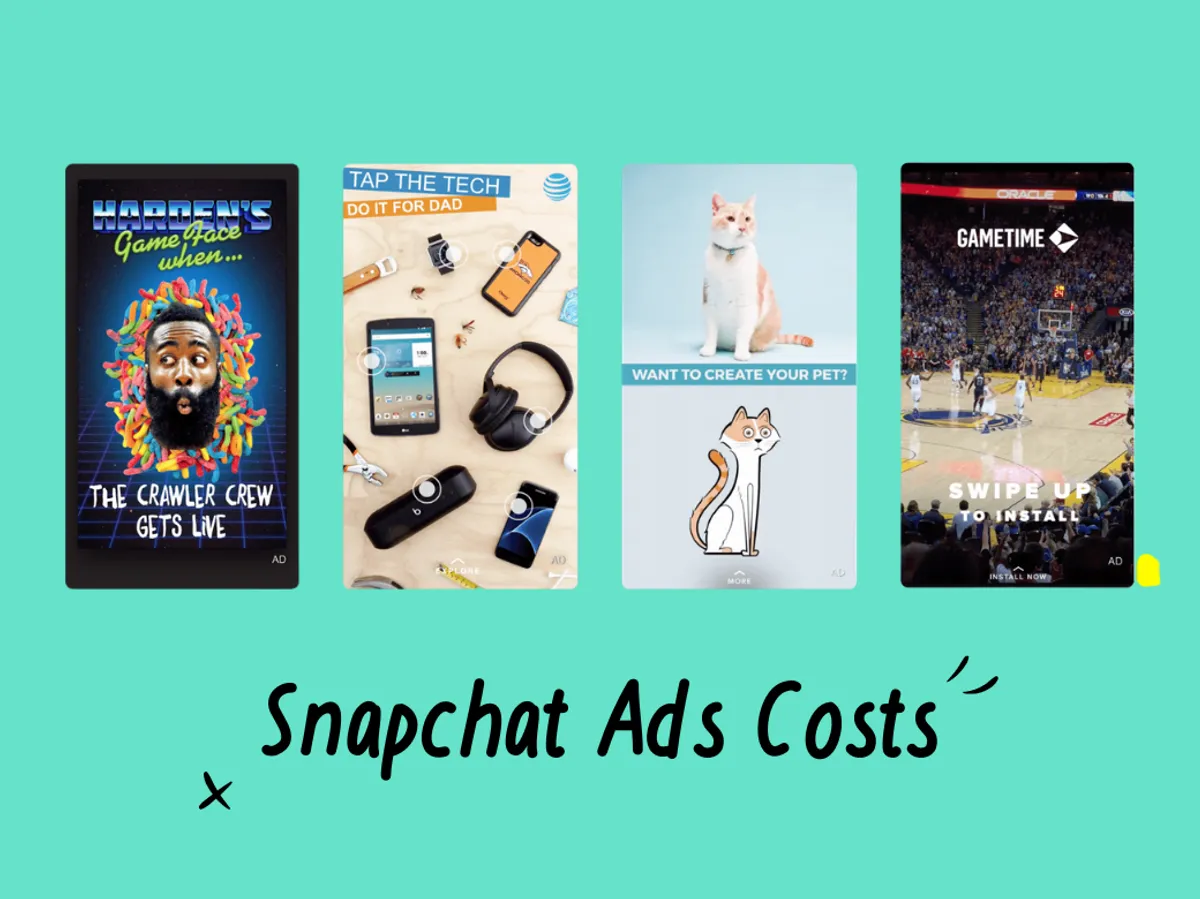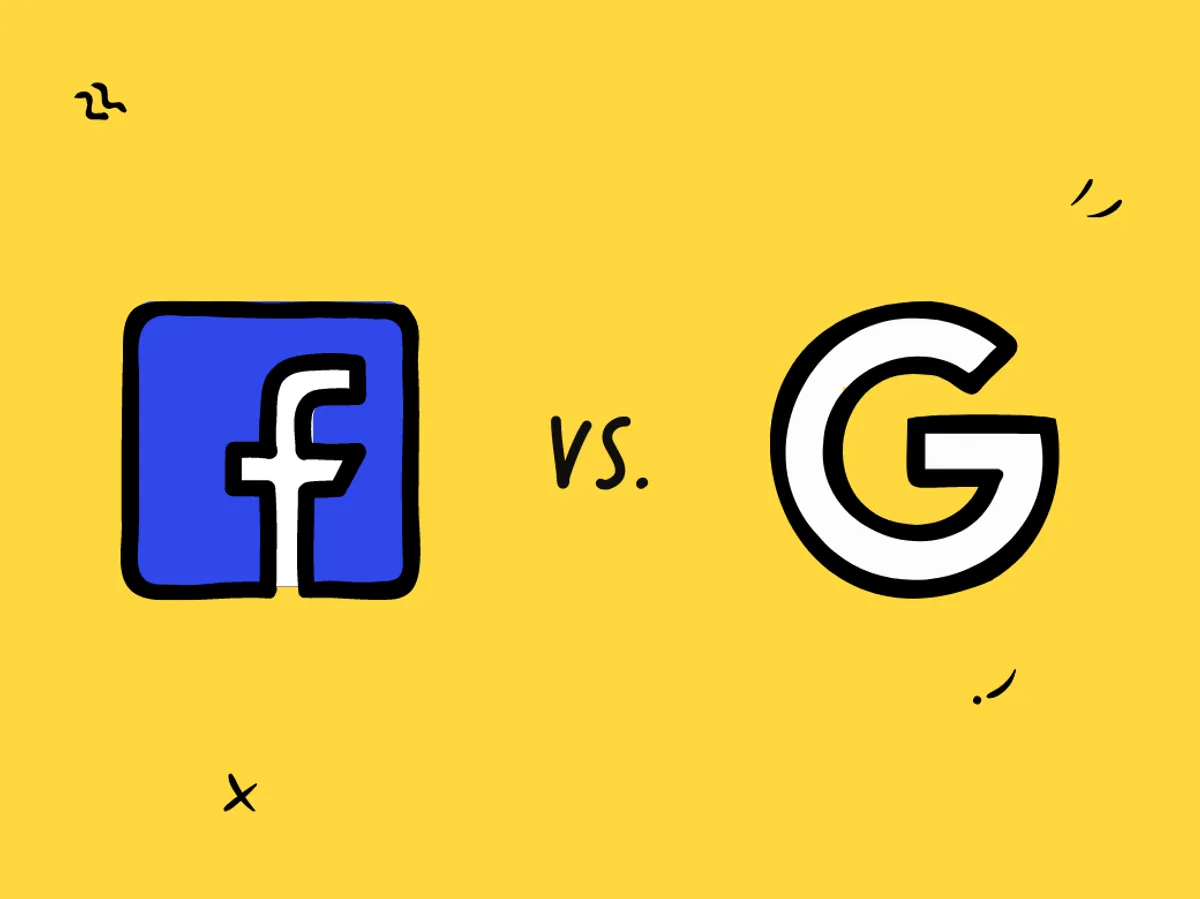How Much Does Facebook Advertising Cost In The UK? (Real Data)

Contents
You’ve heard about Facebook advertising and likely seen the success stories. But, you’re probably wondering how much it all costs?
Well, as much as we hate to say it... it depends.
However, in our years as a Facebook Ads Agency, we’ve seen first-hand how the cost to advertise on Facebook varies across clients in different industries targeting wildly different audiences.
In this post, we’ll reveal the average cost of Facebook ads based on our own spending, what factors affect those costs and how to get the best returns on your spend.
Stay up to date
What are the average Facebook Ads Cost You Can Expect in the UK?
Facebook makes money by offering “placements” for ads on their platform, and advertisers bid for these placements. Facebook charges you for these placements in two ways, either CPC or CPM. CPC (cost per click) is where you pay each time your ad gets clicked. With CPM (cost per mile), you pay for every 1000 views of your ad.
The cost for these can vary depending on what you’re selling, the competition and who you’re targeting.
These costs can also vary within a Facebook marketing campaign too. That’s because of the funnel.
A Facebook marketing funnel is a model that shows your prospects’ journey as they go from unaware of you to paying customers via Facebook.
The funnel is divided into three parts:
- Top of the Funnel (ToFu)
- Middle of the Funnel (MoFu)
- Bottom of the Funnel (MoFu)
Imagine that prospects at the top haven’t heard of you; adverts here tell them who you are and what you do. As you go further down the funnel, there are fewer prospects, but they’re much warmer to you. These prospects are more responsive and likely to buy from you, meaning you can be more direct with your offers in your ads.
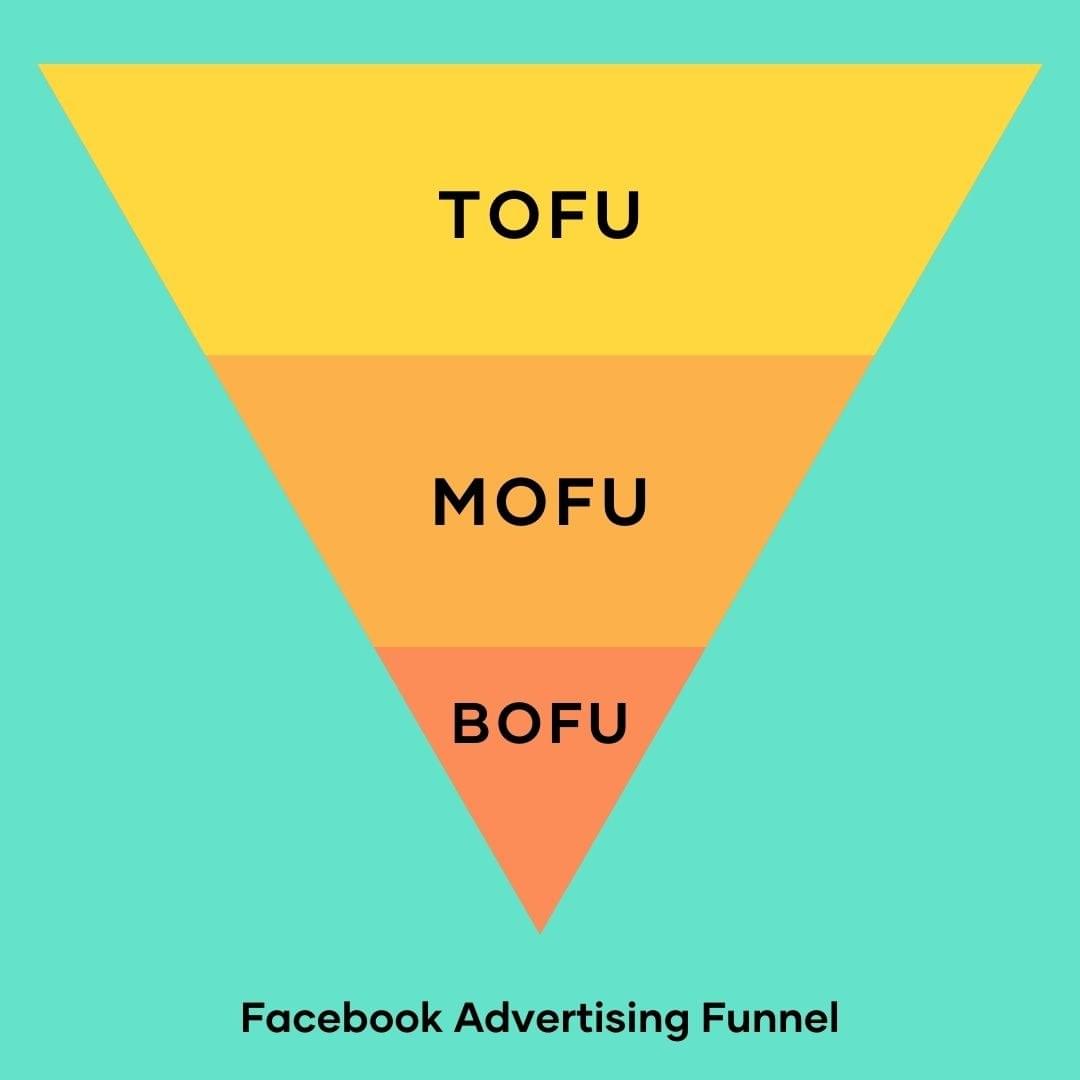
A look into our ad spend numbers
In the image below, you’ll see our Facebook ad spend in the first quarter of 2021. The average CPC cost was £0.40, and CPM was £3.57.
However, this a broad look at our ad spend and shows all stages of the funnel. Further down, we’ll show you the average costs for each funnel stage and how they differ.
Our Facebook ad spend in the UK between January 1st - 23rd March 2021 across 35 of our client accounts.
ToFu
For this stage, we assume that prospects have never heard of our brand and are completely cold. Our ads here are to drive these cold prospects to the website and improve brand awareness.
You’ll notice that the average CPC and CPM costs are lower here. That’s because prospects are less likely to buy at this stage, so the ad placements aren’t as valuable.
However, these ads are vital as they target a large pool of prospects, sending a number of them further down the funnel where they’ll become paying customers. As such, you’ll spend the bulk of your ad budget here.
MoFu
Here, we retarget warm prospects. These are low intent website visitors or prospects who have engaged with our Facebook or Instagram content.
Ads here are essentially nurturing those leads and further warming them up to us. We show them why we’re unique, emphasise the benefits and let them know why they should buy from us.
As expected, the average costs begin to rise, not by too much, however. The total ad spend falls because we’re now targeting a smaller number of people.
BoFu
This is the last stage of the funnel, prospects here are very warm, and as such, the focus of the ads is on conversion and retention. The prospects targeted here are product page visitors and those who have added items to their cart but not yet purchased them.
While the total ad spend here is low, the average CPC and CPM costs are much higher than the other stages. That’s because the ads here are much more likely to convert into a sale, making them much more valuable.
Why is there a difference between CPMs and CPC at each stage of the Facebook Ad funnel?
A few factors. Mainly due to the size of the audience at each stage. Naturally, the top of the funnel has the most people. As you go further down the funnel, the audience size decreases, but they’re more likely to buy, so advertising to them is more expensive.
Something similar to this:
ToFu + MoFu | BoFu |
|
|
The stage of the funnel that your potential customer is in should determine your campaign objective. Focusing on the wrong goal may lead to your ads costing more than they should. We’ve found that driving traffic through impressions and reach objectives come with the highest cost.
The importance of each metric changes depending on the funnel. For example, CPC and cost-per-like are important for ToFu or MoFu prospects. While at the bottom of the funnel, cost-per-install is much more important as your ads here emphasise conversion.
Comparing Facebook advertising costs in 2020 vs 2021
Nothing in Facebook advertising stays static, certainly not the prices. We tracked our ad spend in the same quarter last year, and the prices are much different compared to today.
Below, you’ll see an average CPC of £0.19 and a CPM of £2.15. Much cheaper than this year.
Why is advertising on Facebook more expensive in 2021?
Two big reasons:
- Competition
- Coronavirus
How competition affects advertising costs
Each year, more businesses start advertising on Facebook, and the budgets existing companies put towards digital marketing and social media also go up. As more brands bid for the same ad placements, the prices rise.
As the world becomes more digital and many companies can no longer survive without advertising online, this competition will only increase in the years to come.
How COVID-19 affected advertising costs
Global events impact PPC performance, and COVID-19 is no exception. Due to the pandemic, many businesses panicked and suddenly reduced or outright halted their ad spend. As a result, ad space prices fell, making advertising on Facebook much cheaper from March-September 2020.
However, the discounted prices didn’t last forever. Later in the year when the panic ended, businesses calmed down and began advertising again. And with more people bidding for spaces, the prices adjusted back to normal and continued to rise.
What can affect the cost of your Facebook Ad Costs in the UK
Outside of the funnel, there are plenty of factors that affect the cost of your Facebook ads. Changes can happen quickly, and the market is uncertain, so you’ll want to keep a close eye on your campaigns, emerging keywords and audience interests.
Here’s a general list of cost-affecting factors to consider:
1. Your industry
For some industries, like insurance, CPC and CPM are much higher overall. This is because the prospects have a higher customer value and are likely to spend more, so the companies behind the ads are willing to pay more to acquire them.
These industries also tend to have fiercer competition. With multiple brands competing for the same customers, the value of the ad space skyrockets.
In other industries, where CPC isn’t so high, competition is still a heavy factor. There may be many brands similar to you. So to differentiate yourself, you must be more specific in your targeting - however, the more specific your target, the highest the price.
2. Your creatives
The strength of your ads can drastically affect pricing. You can do everything right, but weak creatives will weaken the entire campaign.
For example, an engaging creative that demands attention, has an excellent copy, a clear CTA and drives action will have more conversions than a weaker creative. Overall, the ad spend on this creative is far more efficient. Whereas for a weaker creative, you’ll spend more on ad space for worse results.
This is why good copywriting is essential for successful Facebook advertising. Your ads must hook prospects in, build curiosity, drive clicks, and connect with your audience’s pain points.
3. Your ad’s optimisation
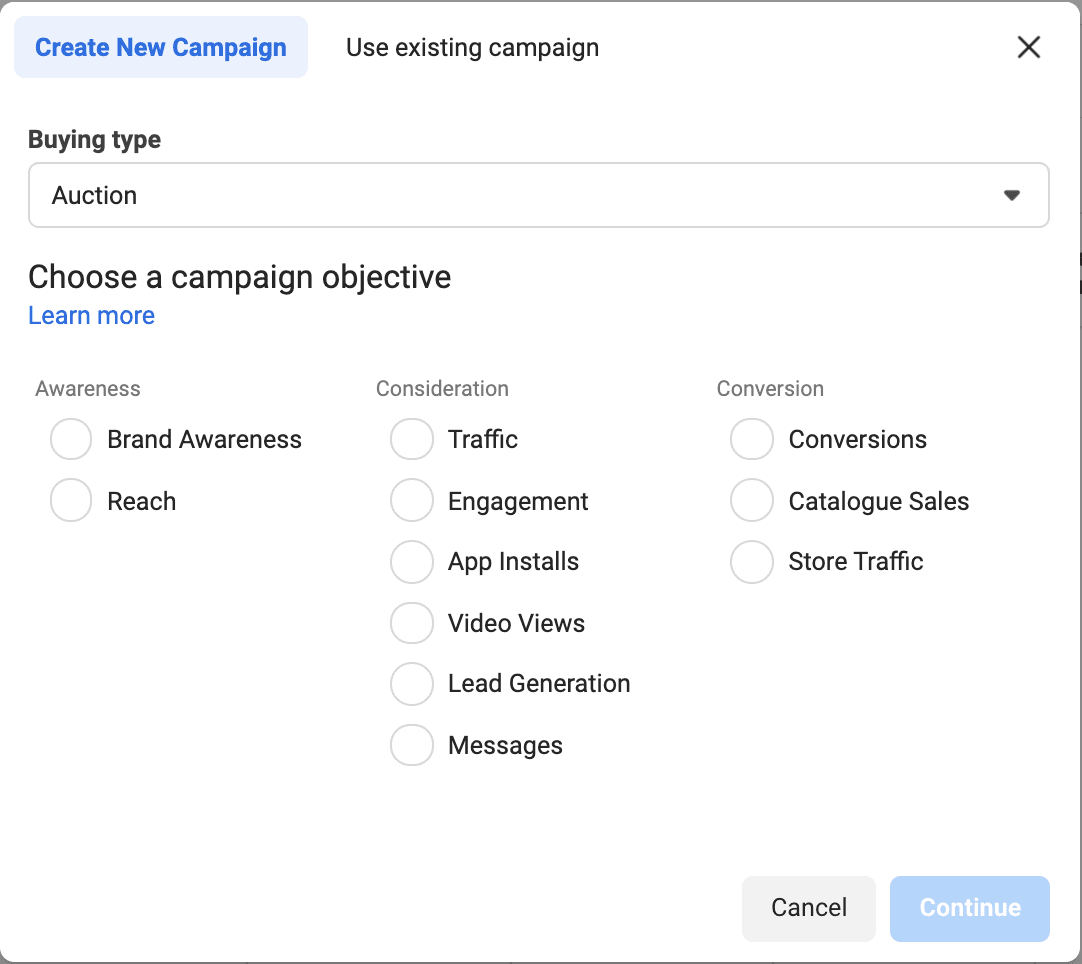
You should optimise each ad for the exact goal of your campaign. For example, if you're focused on driving more people to purchase from your eCommerce store, then you should be using the Conversions option at every stage of the funnel.
The higher the intent of the optimisation, the more expensive it gets to target that individual. So, if you're only interested in reach and brand awareness, your campaigns will be much much cheaper than if you were going for lead generation or catalogue sales.
At The Social Shepherd, we recommend that you always choose the optimisation you actually want to achieve. Yes, some will cost more, but they'll drive you the results you're looking to achieve.
4. The time of the year
Advertising during the holidays costs more. A lot more. November and December are the busiest months for retailers due to Christmas shopping and Black Friday sales. Because of this, brands pump their ad budgets up to take advantage. As you probably guessed, this massive boost in spending and competition shoots up the costs.
So while this period can be very lucrative, it can be costly too. And you must pay careful attention to the costs or else they can quickly eat away at your profits.
On the flip side, other yearly events can affect your specific industry too. For example, the cost to promote accounting services will rise before the end of the financial year, and it’ll be cheaper to advertise woolly jumpers in the middle of summer.
5. You’re targeting the wrong thing
Many times, brands spend more on advertising because they’re targeting the wrong people or the right people at the wrong time.
Make sure you have your specific audience outlined before creating your ads, and do A/B testing to figure out what resonates the most with them.
Refining your custom audiences and lookalike audiences will also help ensure you’re targeting the right people.
How you can lower your Facebook Ad costs
As the competition and cost of Facebook advertising grow, so does the complexity. To avoid overspending, you must stay vigilant and be on top of the constantly changing landscape. To beat the competition, you need to be equally as adaptable and refine your targeting and strategies.
It’s a lot to do. And can easily swallow up half of your workweek.
Put it this way, you could spend hours of your own time figuring it all out and dump thousands of pounds on testing and refining your ads to see returns.
You can have a look at some Facebook Ad examples to inspire you.
Or, you could hand it over to a team of specialists who live and breathe Facebook advertising. They’ll know exactly what to focus on to get the most out of each pound spent, giving you better returns without higher spending.
So why do it yourself?
We’re a ‘Meta Business Partner Agency that’s focused on results. By combining our in-house team of paid media and creative experts, we know how to increase your ROI on ad spend.
All in one house
Our in-house team creative team includes graphic designers, video editors and videographers who produce incredible ad creatives. And our in-house paid media team use the insight gained from spending over £2 million on Facebook ads over the past year to squeeze the most out of your budget.
To see how we’ll boost your ROI, book your free strategy call today.

You might also like
Don’t be sheepish
let’s talk
